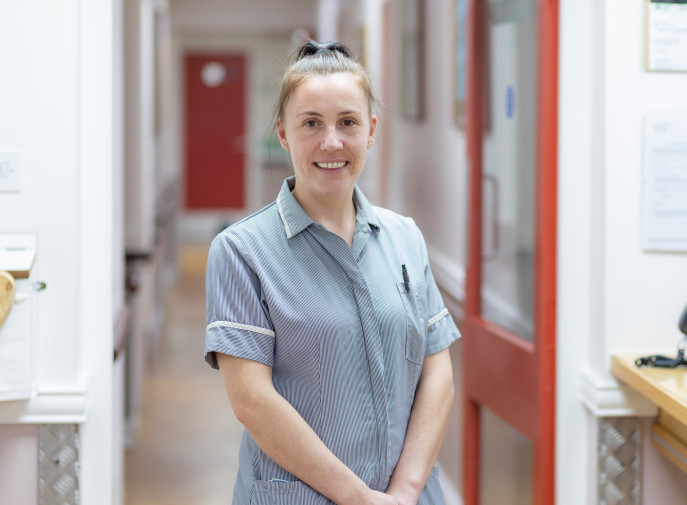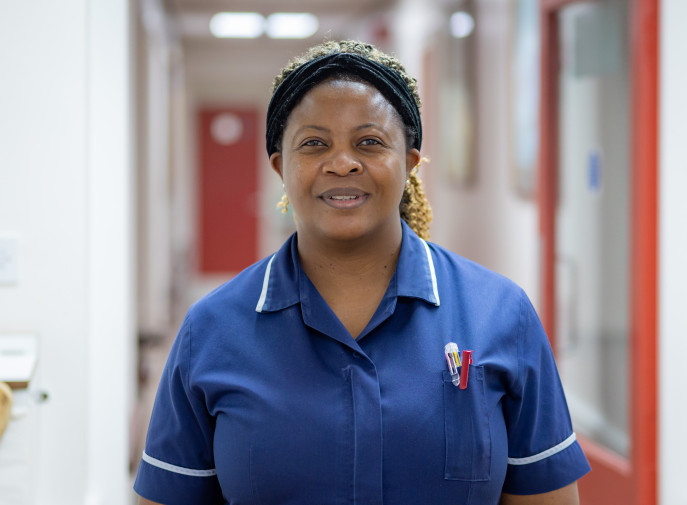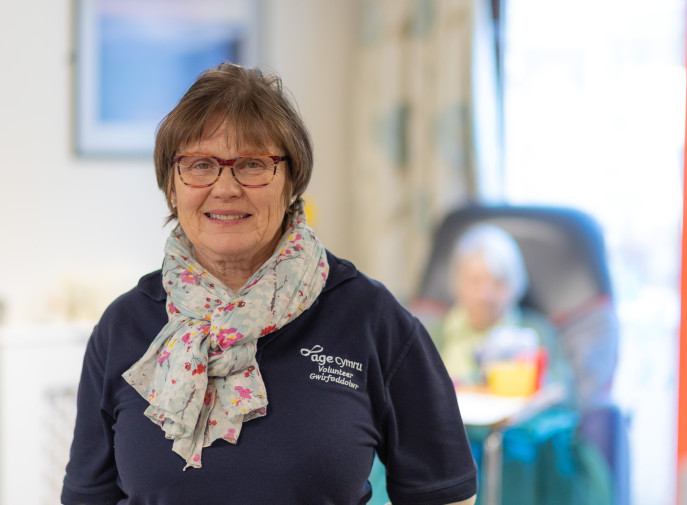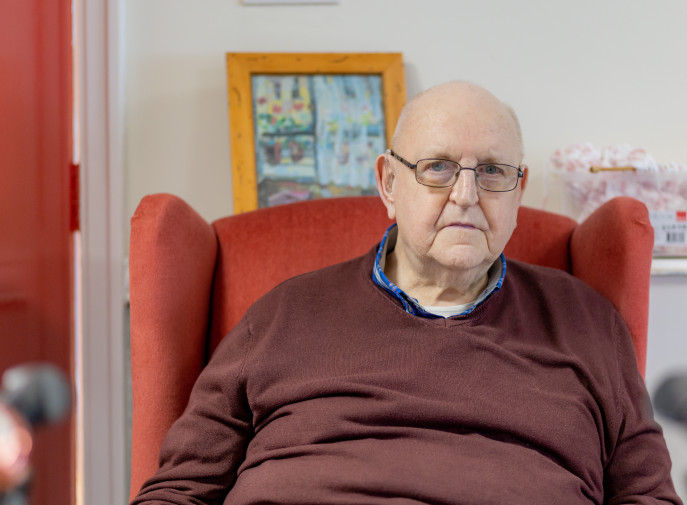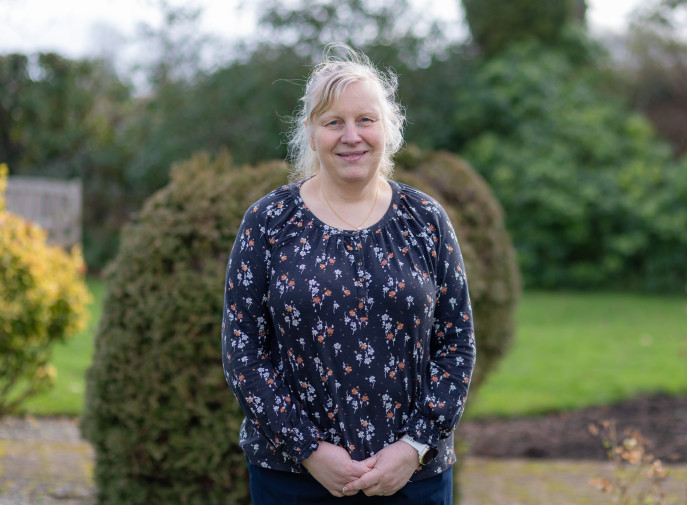Welsh language written case studies
How a little bit of Welsh makes a big difference in social care
From personal care, to help with day-to-day tasks, running activities or even just having a chat, workers in the care sector make a real difference every day to the lives of the people they care for.
And a big part of offering quality care is making sure that, everyone has the opportunity to be cared for in the language they feel most comfortable speaking.
Whether you’re fluent in Welsh or speak tipyn bach, using any Cymraeg will help create deeper connections as a care worker, and makes a positive difference to social care in Wales.
For many Welsh speakers receiving care, being able to speak in their first language is crucial to their well-being. Many older people will go back to their most familiar language as the years move on, and those with conditions like dementia may only be able to express themselves in their first language.
Speaking in someone’s first language creates a person-to-person bond. It’s more than just words.
Glan Rhos care home in Anglesey believes firmly that using the Welsh language in care – from basic to fluent Welsh – is integral to the service it offers its residents. We heard first-hand from different voices at the home about their perspectives.
